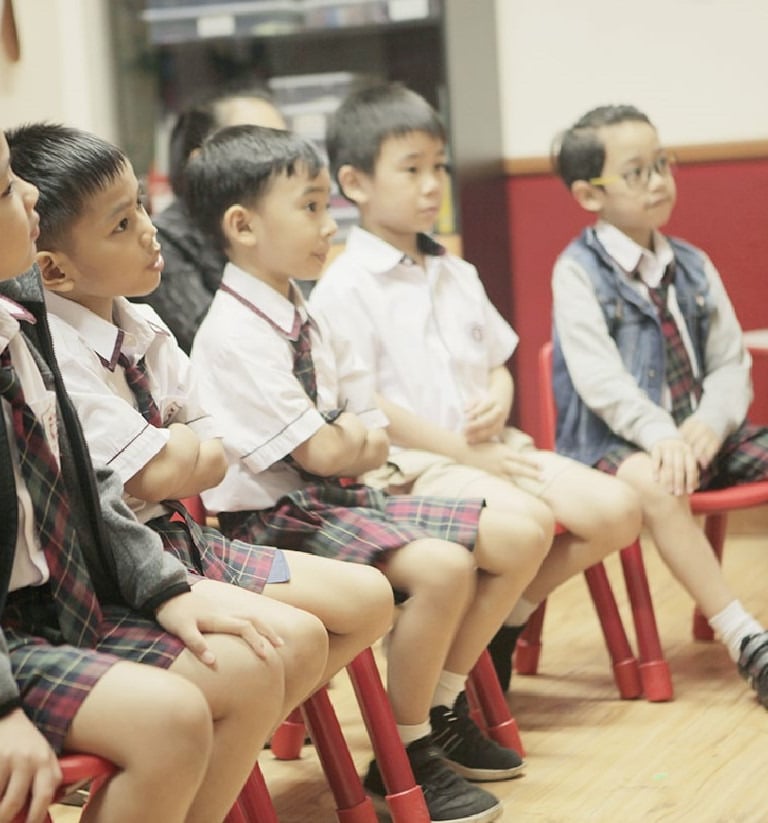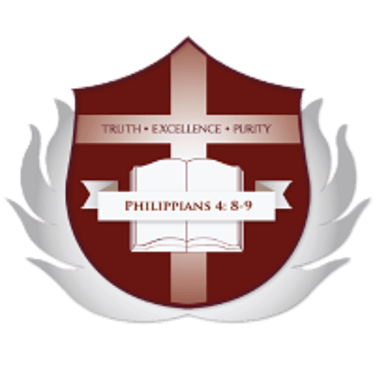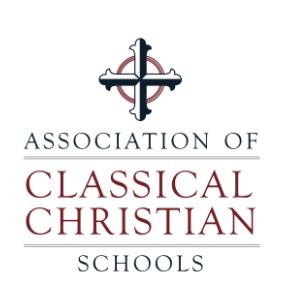Classical Christian Education
VCA has chosen to implement a Classical Christian Curriculum.
The classical education system is a time-tested model that has been in use for over 2,000 years and continues to be applied today. It began with the ἐγκύκλιος παιδεία (enkyklios paideia) of classical Greek education, pioneered by thinkers such as Socrates, Plato, Aristotle, and Hippocrates. This evolved into the liberal artes of Roman education, which was later integrated into early Christian education during the Roman era. During the Medieval Renaissance, it was further developed into what became known as the Trivium and Quadrivium, and was then adapted into Classical Christian Education during the time of the Reformation.
Unfortunately, classical education has often been considered outdated and has been overshadowed by modern education systems that tend to focus more on economic gain or political agendas.
The purpose of classical education was also emphasized by Desiderius Erasmus (1466–1536), a Christian humanist of the Renaissance era who greatly influenced both Martin Luther and John Calvin.
He stated:
“It is an undeniable fact that a man whose reason has not been trained through philosophy and sound learning becomes a creature lower than the beasts, for there is no animal more savage or dangerous than a man driven back and forth by ambition, lust, anger, envy, or wild temperament.”
— On the Education of Children (1529)
Erasmus also recognized the value of moral and humanistic instruction found within classical literature and books written prior to Christian texts.
Because of the noble virtues found in classical works, Erasmus opposed the view that everything written before the rise of Christian literature was "pagan" and inherently contrary to the Bible.


Liberal Arts


Liberal Arts, or liberales artes in Latin, means "to liberate"—referring to being freed from rigid limitations or conventional boundaries.
Liberal arts education emphasizes the importance of developing holistic thinking with the goal of shaping individuals who are ethical, noble in character, broad-minded, and capable of distilling complex ideas into clear, simple language through self-directed learning.
The word “arts” in “liberal arts” should not be narrowly interpreted as referring only to the fine arts such as music, painting, or sculpture. Rather, “arts” here refers to the craft of thinking—the unique work of intellectual originality born from the courage to think critically and reason sharply. This capacity enables individuals to become lifelong learners, creators, and contributors to society.
“The value of an education in a liberal arts college is not the learning of many facts, but the training of the mind to think something that cannot be learned from textbooks.”
— Albert Einstein
Trivium
The Trivium comes from Latin, meaning “three paths”—referring to the three stages or tools of learning necessary to master the liberal arts. In the teaching and learning process, both teachers and students continuously sharpen these learning tools until they develop a deep appreciation and love for lifelong learning, creativity, and purposeful work.
The three stages are:
Grammar Stage: the stage of curiosity and foundational knowledge;
Logic Stage: the stage of critical thinking and understanding;
Rhetoric Stage: the stage of wisdom and virtue, where knowledge and understanding are applied and expressed through creative, persuasive, and meaningful practice.
The Trivium, which has been in use since the Medieval period, was rediscovered and brought back into modern conversation by a Christian humanist writer and Oxford University graduate. In his 1947 presentation at Oxford, he argued that the failure of modern education lies in overwhelming students with information without first teaching them how to learn. He referred to this foundational skill set as “The Lost Tools of Learning.”


The Bible, World History (‘His-Story’), and Classical Literature
The VCA curriculum is purposefully designed so that Bible, History, and Classical Literature become the central pillars of both the liberal arts and the Trivium. Through the teaching and learning process, parents, teachers, and students will recognize the inseparable connection between the Bible—which tells of God’s creation and divine design for the world, the fall of man, and the second chance given to humanity through salvation in Jesus Christ (“His-story”)—and how this “His-story” is the thread that runs through all of human history.
This divine narrative helps us see God’s role throughout the course of history, as also reflected in the writings of classical authors in every age. Altogether, these stories form a kind of “university of knowledge,” where truth, beauty, and virtue are discovered and explored.
An education rooted in and founded upon God’s Word teaches children to develop wisdom, virtue, and clarity—especially as they face an overwhelming flood of information in the modern world. It prepares them to pause and reflect, to think critically, and to act with discernment, choosing their path and response based on thoughtful, godly conviction.


